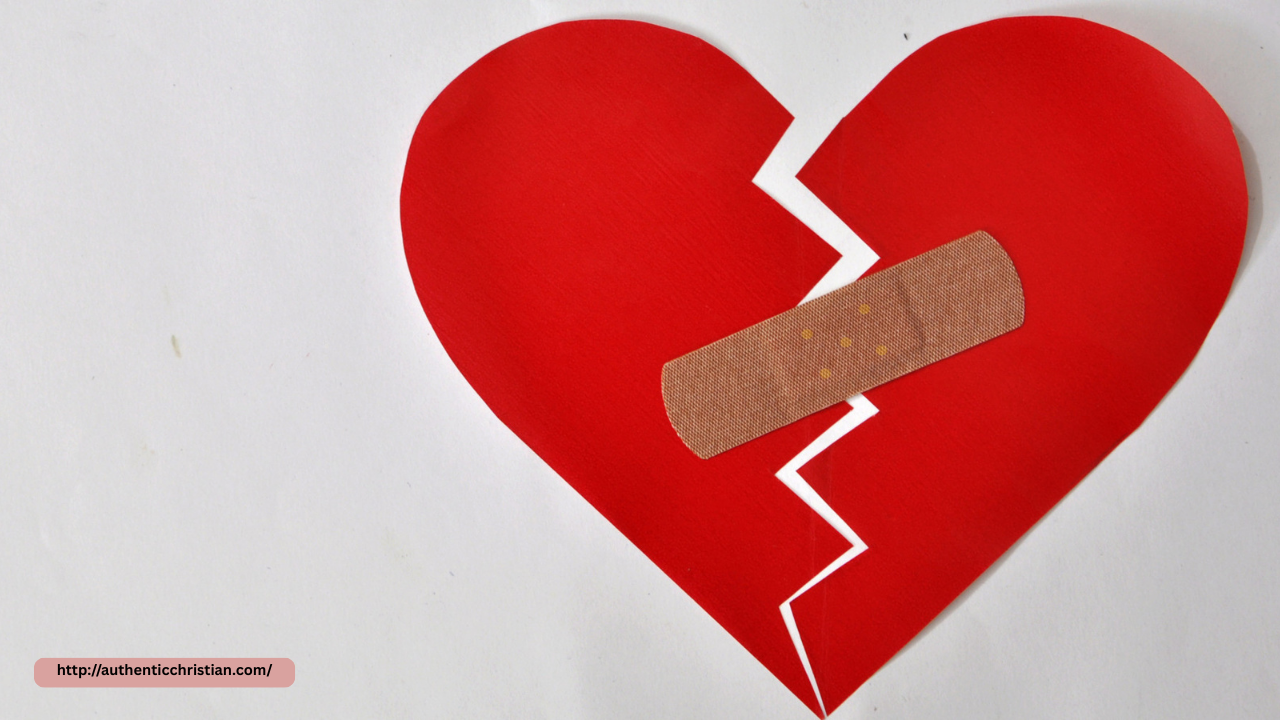
Addiction is not just a physical or mental struggle—it’s a deeply spiritual battle. It wounds the soul, distorts identity, and drives individuals to seek relief in things that only bring destruction. In the midst of this struggle, the cross of Christ stands as both a symbol of hope and the source of healing. Through Jesus, there is strength to overcome addiction—not just temporarily, but completely and eternally.
The Powerlessness of Addiction
Those who have faced addiction know the feeling of powerlessness. Whether it’s drugs, alcohol, pornography, gambling, or another vice, the cycle of craving, using, and regret becomes overwhelming. The Apostle Paul described a similar struggle in Romans 7:19: “For I do not do the good I want to do, but the evil I do not want to do—this I keep on doing.”
This honest confession resonates with many caught in addiction. Human strength alone often fails. But that’s exactly where Christ steps in—offering power where we are weak and hope where we see no way out.
The Cross: Where Healing Begins
The cross is not just a historical event—it is the heart of the Christian faith and the beginning of all true recovery. At the cross, Jesus bore the full weight of sin, shame, and brokenness. Isaiah 53:5 proclaims, “By His wounds, we are healed.” This healing includes the wounds caused by addiction—emotional scars, broken identities, and spiritual emptiness.
When a person places their faith in Christ, they are not just forgiven—they are made new. Through the power of the Holy Spirit, they are given the strength to say no to old patterns and yes to a new way of life.
Strength for the Journey
Overcoming addiction is rarely instant. It is a journey that requires surrender, discipline, community, and, above all, divine strength. Philippians 4:13 reminds us, “I can do all things through Christ who strengthens me.” This includes resisting temptation, rebuilding trust, and walking daily in sobriety.
Christ’s strength doesn’t mean the absence of struggle—it means the presence of a Savior in every struggle. He gives grace for each moment, wisdom for each decision, and peace for each storm.
Christian recovery programs often center their healing model around the cross, encouraging individuals to surrender their burdens to Jesus, study His Word, and remain connected to a faith-based community for support and accountability.
A New Life, A New Identity
The cure for addiction is not just in changing behavior but in embracing a new identity. In Christ, believers are not defined by their past but by their future. 2 Corinthians 5:17 affirms, “If anyone is in Christ, the new creation has come: The old has gone, the new is here!”
This new identity empowers lasting transformation. Shame is replaced with confidence, fear with faith, and addiction with freedom.
Conclusion
The cross is not only the place where sin was defeated—it is the place where strength is found. For those battling addiction, Jesus offers more than relief—He offers restoration. Through Him, there is strength to overcome, courage to continue, and the power to live free. The cross is the cure, and Christ is the strength that sustains lasting recovery.

